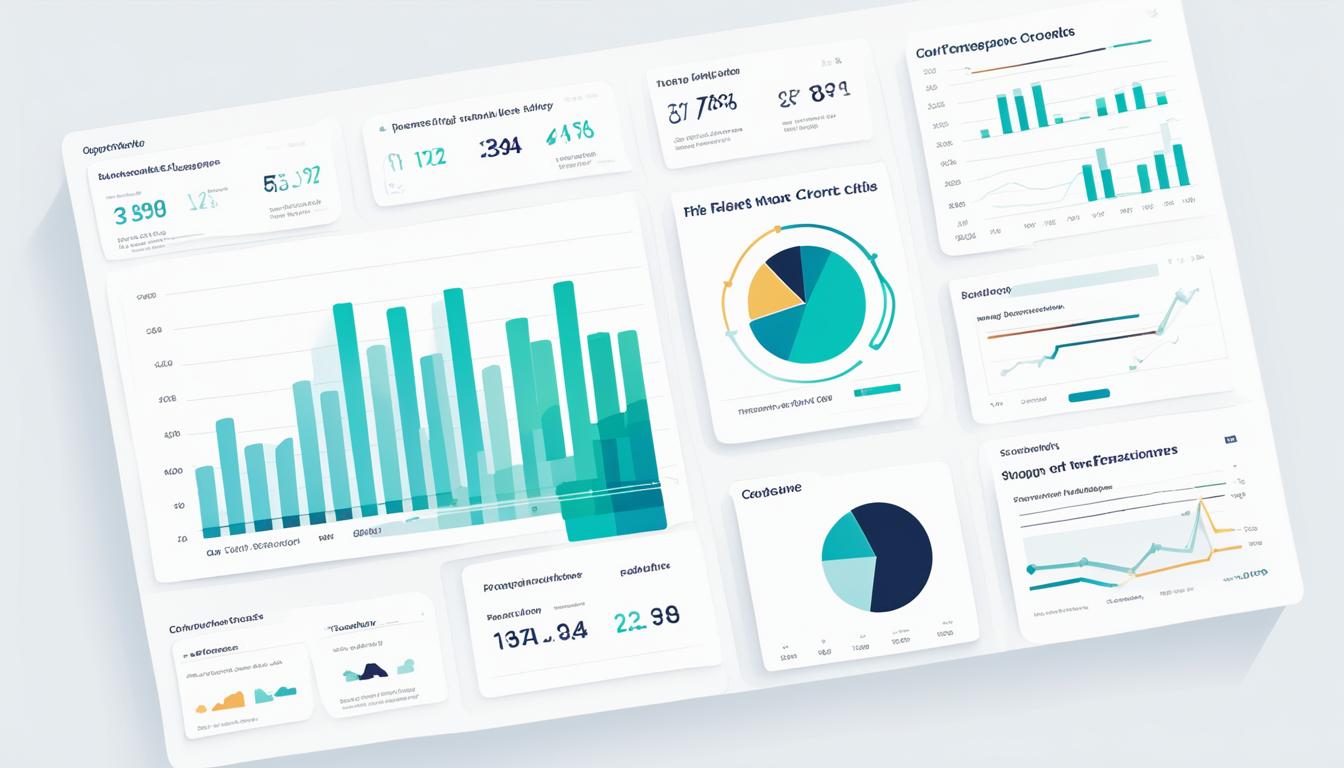As an investor, you want to ensure that your money is in capable hands. One way to ensure the credibility of your broker is to investigate their track record. Broker track record analysis entails examining a broker’s past performances, financial stability, and reputation.
Investigating broker track records helps to establish the broker’s credibility, ensuring that your investments are safe. A broker with a good track record is more likely to make sound investment decisions that benefit you in the long run.
Key Takeaways
- Investigating broker track records helps establish credibility.
- Look into a broker’s past performance, financial stability, and reputation.
- A broker with a good track record is more likely to make sound investment decisions.
- Broker track record analysis helps ensure that your investments are safe.
- Conducting a thorough investigation is crucial for successful investments.
Evaluating Broker Track Records
As an informed investor, it’s imperative to evaluate a broker’s track record before entrusting them with your assets. Broker performance evaluation involves analyzing their past performance to determine their future performance potential.
When evaluating broker track records, start by analyzing their performance over the years. Evaluate their return on investment, trading strategy, and risk management approach. This analysis gives you an understanding of how the broker handles different market conditions.
For a more comprehensive evaluation, it’s important to conduct a broker background check. This involves checking for any regulatory violations, previous legal issues, and reputation in the industry. It’s crucial to work only with brokers who behave ethically and have a record of success.
Another aspect of evaluating broker track records is analyzing broker performance relative to their peers. You can compare trading strategies, returns, and risk management approaches to determine how their performance stacks up against others in the industry.

By conducting a thorough evaluation of broker track records and performing a broker background check, you can confidently determine which brokers to trust with your investments. Don’t just rely on advertising and sales pitches. Take the time to analyze and evaluate a broker’s track record and background to ensure you make informed investment decisions.
Conclusion
Assessing broker track records is essential when it comes to making investment decisions. By performing a thorough evaluation and analysis, you can evaluate the credibility of brokers and make well-informed choices.
Remember to carry out a broker background check, and always conduct broker due diligence to ensure that your investments are in reliable and trustworthy hands. A broker credibility assessment is key to achieving your financial goals in the long run.
FAQ
Why is investigating broker track records important?
Investigating broker track records is crucial because it allows you to assess the performance and reliability of brokers. By analyzing their past performances, you can make informed decisions about your investments and ensure your assets are entrusted to trustworthy hands.
How can I analyze broker performance?
To analyze broker performance, you can start by reviewing their historical investment returns, examining their risk management strategies, and assessing their consistency in delivering results. Additionally, you can evaluate their communication and transparency with clients and seek feedback from other investors who have worked with them.
What is involved in a broker track record investigation?
A thorough broker track record investigation involves analyzing key performance metrics such as annual returns, risk-adjusted performance measures, and portfolio diversification strategies. It also includes conducting background checks, verifying credentials and licenses, and assessing any disciplinary history or regulatory actions against the broker.
How can I evaluate broker credibility?
Evaluating broker credibility requires conducting comprehensive due diligence, including verifying their professional affiliations, checking for any client complaints or legal issues, and understanding their investment philosophy and approach. You can also consider the broker’s reputation within the industry and seek recommendations from trusted financial advisors or colleagues.
What is a broker due diligence?
Broker due diligence involves conducting a thorough assessment of the broker’s qualifications, experience, and track record. It includes researching their licensing and regulatory compliance, examining their past investment strategies and performance, and reviewing their client testimonials or references. This process helps you gain confidence in the broker’s abilities and minimize potential risks.
How can I perform a broker background check?
To perform a broker background check, you can start by verifying the broker’s registration with relevant regulatory bodies and checking for any disciplinary actions or complaints. You can also research online reviews, explore industry databases, and consult with financial professionals to gather additional information about the broker’s reputation and track record.
Why is assessing broker track record essential for my financial goals?
Assessing broker track record is essential for your financial goals because it helps you make informed investment decisions. By evaluating a broker’s performance, credibility, and track record, you can align your investment strategies with their expertise and increase the likelihood of achieving your financial objectives.





